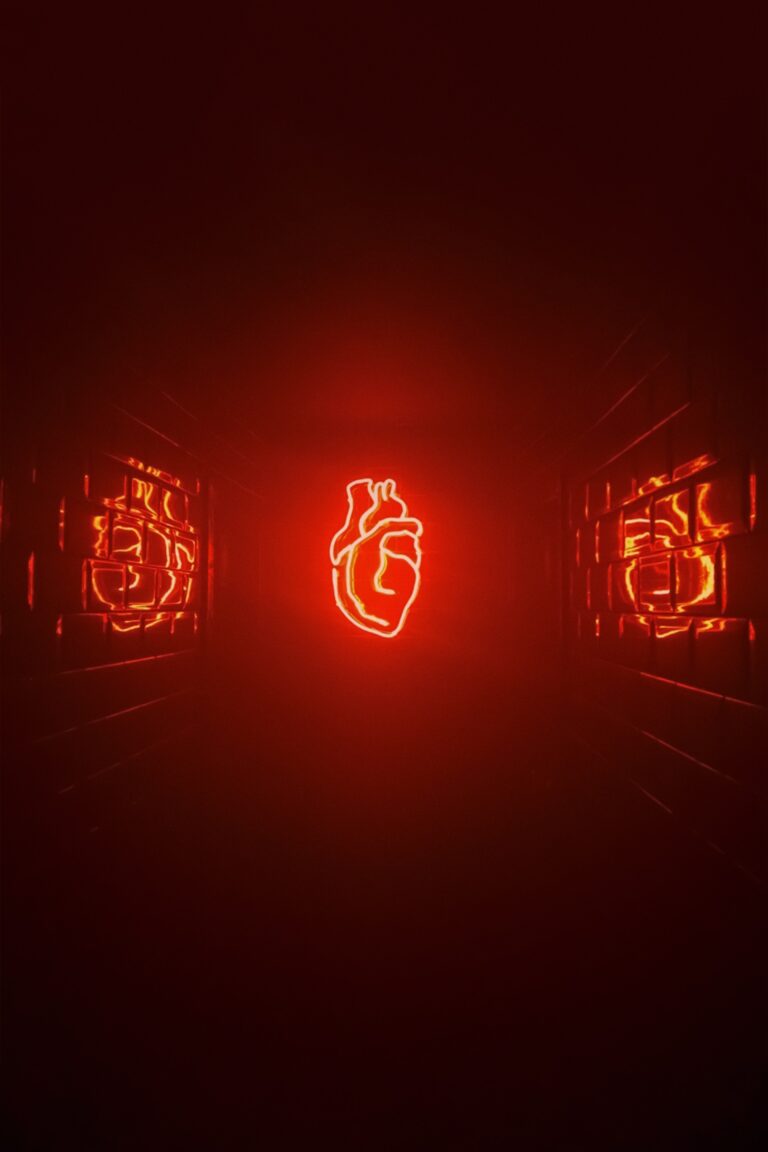What is the legality of prostitution in Ankara?
Prostitution is legal in Turkey, including its capital, Ankara. However, it is heavily regulated by the government. Registered sex workers are required to work in licensed brothels, and they must submit to regular health checks. Despite these regulations, there is still a significant number of unregistered sex workers operating illegally in the city. This has led to a number of issues, such as the exploitation of women and the spread of sexually transmitted infections (STIs).
What laws, penalties, and law enforcement regulate Ankara’s prostitution industry?
The Turkish Penal Code contains several provisions related to prostitution. The key laws and penalties regulating Ankara’s prostitution industry include:
- Brothel owners must obtain a license from the government to operate legally. Operating an unlicensed brothel can result in fines and imprisonment.
- Registered sex workers are required to undergo regular health checks and carry a health card. Failure to comply can result in fines and the suspension of their license.
- Pimping and procuring are illegal, with penalties ranging from fines to imprisonment.
- Sex workers cannot solicit clients in public places, such as streets and parks. Violators can be fined or imprisoned.
- It is illegal to force someone into prostitution or to exploit them for financial gain. Perpetrators can face prison sentences of up to 10 years.
Law enforcement agencies, such as the Ankara Police Department and the Ministry of Interior, are responsible for enforcing these regulations. They often conduct raids on unlicensed brothels and arrest those involved in illegal activities related to prostitution.
What is the local term for prostitution in Ankara?
The local term for prostitution in Ankara, as well as throughout Turkey, is fuhuş (pronounced foo-hoosh). This term is used to describe the act of engaging in sexual activities for money or other forms of compensation. It is important to note that the use of this term can carry a negative connotation in Turkish society, as prostitution is often stigmatized.
What is the history of prostitution in Ankara?
Prostitution has been a part of Ankara’s history for centuries. During the Ottoman Empire, prostitution was tolerated and regulated by the government. Brothels were established in designated areas, and sex workers were required to register with the local authorities. This system continued after the establishment of the Turkish Republic in 1923.
Over the years, there have been various efforts to reform the prostitution industry in Ankara and the rest of Turkey. In the 1980s and 1990s, the government implemented several measures to combat illegal prostitution, such as increasing penalties for unregistered sex workers and brothel owners. However, these efforts have not been entirely successful, as the number of unregistered sex workers and illegal brothels continues to grow.
The Turkish government plays a significant role in regulating the prostitution industry in Ankara. They are responsible for creating and enforcing laws related to prostitution, such as licensing brothels, conducting health checks, and punishing those involved in illegal activities. The government also provides support and resources to registered sex workers, such as access to healthcare and social services.
However, critics argue that the government’s strict regulations and control over the industry have led to the growth of illegal prostitution and the exploitation of vulnerable women. Many sex workers are unable to obtain a license or afford the fees associated with working in a licensed brothel, forcing them to operate illegally and without the protection of the law. As a result, these women are more vulnerable to violence, exploitation, and STIs.
Some organizations, such as the Kaos GL Association, are working to improve the rights and conditions of sex workers in Ankara and throughout Turkey. They advocate for the decriminalization of prostitution and the implementation of policies that prioritize the health and safety of sex workers.
